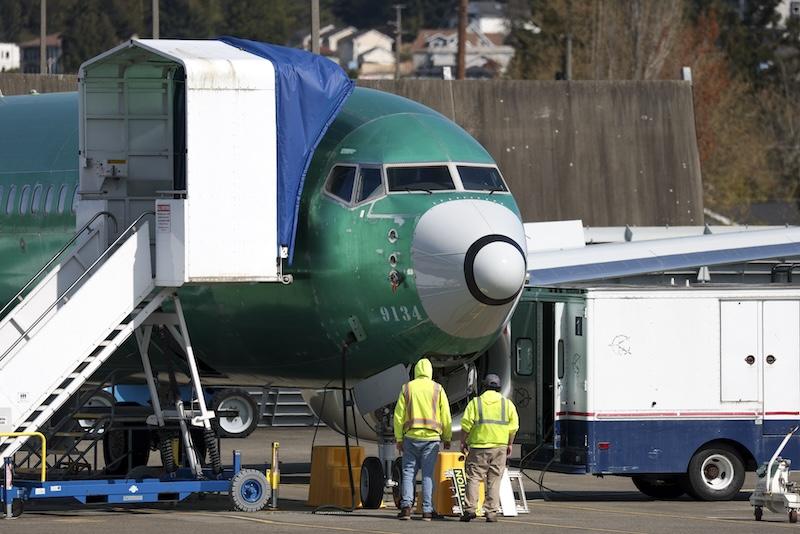FAA to Review Boeing 737 MAX Supply Chain Before Production Increase

The Federal Aviation Administration (FAA) will thoroughly review Boeing’s supply chain and production practices before considering any request to lift the current cap on 737 MAX production, the agency’s top official said this week.
FAA Administrator Bryan Bedford confirmed that Boeing has not yet formally asked the agency to remove the 38-aircraft-per-month production cap on its 737 MAX line. The limit was imposed earlier this year following a high-profile incident in January 2024, when a brand-new Alaska Airlines 737-9 suffered a mid-air emergency due to four missing bolts in the fuselage.
“We’re going to want to look at the entire supply chain,” Bedford told reporters at an international air show. He emphasized that while Boeing has made notable efforts to improve its internal processes and safety culture, more progress is required before the FAA will consider easing restrictions. “I believe it’s real, but it’s still embryonic,” he said of the company’s improvements.
Bedford praised Boeing’s ongoing initiatives to strengthen its workforce and safety culture, noting that long-term trends and demonstrable improvements in factory operations would be key to any future decision. “We want to see a healthy workforce, a healthy safety culture, and real factory improvements,” he added.
While Boeing did not immediately comment on the FAA’s statements, the agency previously extended a key oversight program in May 2024 that allows Boeing to conduct certain regulatory tasks on behalf of the FAA. That extension, valid for another three years, was granted after Boeing showed signs of progress in quality assurance and compliance.
Boeing CEO Kelly Ortberg said in May that the company is “pretty confident” it can raise 737 MAX production to 42 jets per month, citing stronger operational discipline and improved supplier performance. However, the FAA has made it clear that any production ramp-up must be preceded by evidence of sustained improvements throughout Boeing’s manufacturing ecosystem.
The agency is also in the process of certifying the smallest and largest variants of the 737 MAX family—the 737-7 and 737-10. Bedford acknowledged the importance of Boeing getting these certifications right, not just for regulatory approval, but for long-term cost efficiency and credibility.
“Getting the job done right the first time is actually the cheapest way to make the plane,” Bedford noted. “I think they see real value in changing the culture on the shop floor and getting defect rates down.”
Despite these positive developments, Bedford cautioned that the FAA’s oversight remains firm. “It’s all trending in the right direction. It’s all very encouraging,” he said. “But we’re a long ways away from saying we can let our guard down.”
As Boeing works to recover from past safety issues and strengthen its production capabilities, the FAA’s continued scrutiny underscores the critical importance of quality, transparency, and accountability in aircraft manufacturing.
Related News: https://airguide.info/?s=boeing, https://airguide.info/?s=FAA https://airguide.info/category/air-travel-business/travel-health-security/
Sources: AirGuide Business airguide.info, bing.com, yahoo.com
